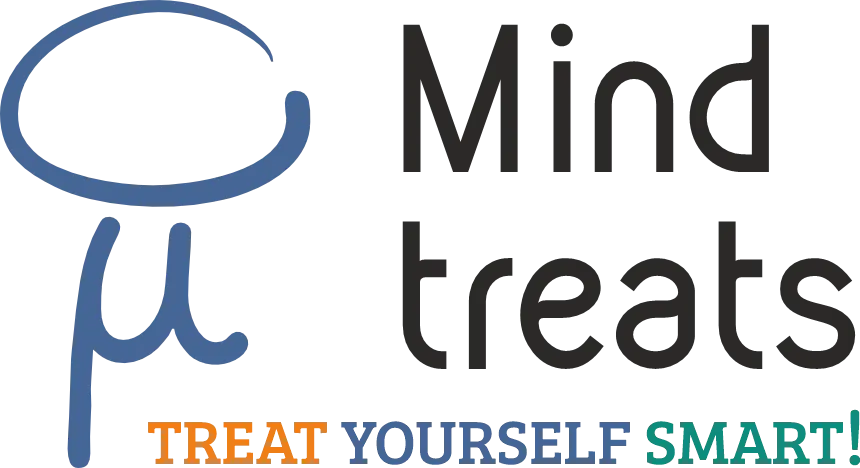The power of breath-control
In today’s fast-paced world, finding ways to manage stress and enhance overall well-being has become a top priority for many individuals. One fascinating area of study gaining attention is the influence of breath control techniques on our psycho-physiological state. In this blog, we will explore a captivating study. Its title is “How Breath-Control Can Change Your Life: A Systematic Review on Psycho-Physiological Correlates of Slow Breathing”. This study was published by the renowned scientific journal Frontiers in Human Neuroscience. We will dive into the findings of this study and shed light on the remarkable practice of power breathing. Wim Hof popularized this method.
Understanding the study
The study sought to examine the effects of slow breathing techniques on various aspects of our mental and physical well-being. It encompassed a systematic review of existing scientific literature to gain insights into the psycho-physiological correlates of slow breathing. The researchers aimed to unravel how intentional control of our breath could positively impact our mind-body connection and improve our overall health.The study revealed a myriad of fascinating discoveries. These included the influence of slow breathing on our psycho-physiological state. Here are some notable findings:
Reduced Stress and Anxiety:
Slow breathing techniques, such as deep diaphragmatic breathing, were found to activate the parasympathetic nervous system. This lead to a decrease in stress and anxiety levels. This response promotes a state of relaxation and calmness, facilitating emotional well-being.
Enhanced Cognitive Function:
Slow breathing was linked to improved cognitive performance, including attention, focus, and executive functioning. By optimizing oxygen and carbon dioxide levels in the brain, these techniques can sharpen mental clarity and boost cognitive abilities.
Regulation of Autonomic Functions:
The study highlighted the profound impact of slow breathing on autonomic functions. Examples of this are heart rate, blood pressure, and respiratory rate. Through conscious control of breath, individuals can influence these vital functions. This promotes balance and overall cardiovascular health.
Emotional Regulation:
Slow breathing techniques were found to be beneficial for emotional regulation. They help individuals modulate emotional responses, manage intense emotions, and foster emotional resilience. Ultimately, this contributies to better emotional well-being.

Power Breathing by Wim Hof
One prominent example of breath control technique is the practice of power breathing developed by Wim Hof, also known as “The Iceman.” Wim Hof has gained international recognition for his ability to withstand extreme cold temperatures and his unique breathing method. His technique combines deep and rhythmic breathing exercises with specific breath-holding patterns.
Power breathing is believed to have a range of potential benefits, including:
Increased Energy and Vitality:
Power breathing stimulates the sympathetic nervous system, leading to increased adrenaline production and heightened energy levels. This surge in energy can provide a natural boost to overcome fatigue and enhance performance.
Strengthened Immune System:
Preliminary studies suggest that power breathing may positively influence the immune system. Wim Hof himself has demonstrated the ability to voluntarily influence his immune response. This lead to reduced inflammation and improved immune function.
Mental Resilience and Focus:
The practice of power breathing is known to promote mental resilience and focus. By challenging oneself through controlled exposure to discomfort and utilizing breath as a tool, individuals can enhance their mental strength and clarity.
Conclusion and personal thoughts:
The study “How Breath-Control Can Change Your Life” sheds light on the remarkable effects of slow breathing techniques on our psycho-physiological well-being. The findings underscore the power of intentional breath control in reducing stress, enhancing cognitive function, regulating autonomic functions, and promoting emotional well-being. Additionally, the practice of power breathing, exemplified by Wim Hof, offers a unique approach to breath control that has captured the attention of many individuals seeking to tap into their inner potential. By combining specific breathing techniques with exposure to cold temperatures, Wim Hof has demonstrated remarkable feats and has inspired countless individuals to explore the power of breath.
It is important to note that while the study reviewed the effects of slow breathing techniques, power breathing, as practiced by Wim Hof, involves a more intense and dynamic breathing pattern. As such, it is crucial to approach this practice with caution and under proper guidance to ensure safety and maximize its benefits.
Power Breathing
The practice of power breathing by Wim Hof has gained popularity due to its potential to enhance physical and mental well-being. However, it is essential to understand that individual experiences may vary It is always advisable to consult with a qualified professional before incorporating any new practices into your routine.
In conclusion, the study “How Breath-Control Can Change Your Life” provides valuable insights into the effects of slow breathing techniques on our psycho-physiological state. It highlights the potential benefits of intentional breath control. These include reducing stress, improving cognitive function, regulating autonomic functions, and promoting emotional well-being. The practice of power breathing, as exemplified by Wim Hof, offers a unique and intriguing approach to harnessing the power of breath. By exploring and incorporating these techniques mindfully and under proper guidance, individuals can embark on a journey of self-discovery and unlock the potential within themselves.
Remember, the breath is an incredible tool that is readily available to us all. Take a moment to embrace the power of your breath. Discover the transformative effects it can have on your life.
Sources:
https://www.frontiersin.org/articles/10.3389/fnhum.2018.00353/full
https://www.wimhofmethod.com/




